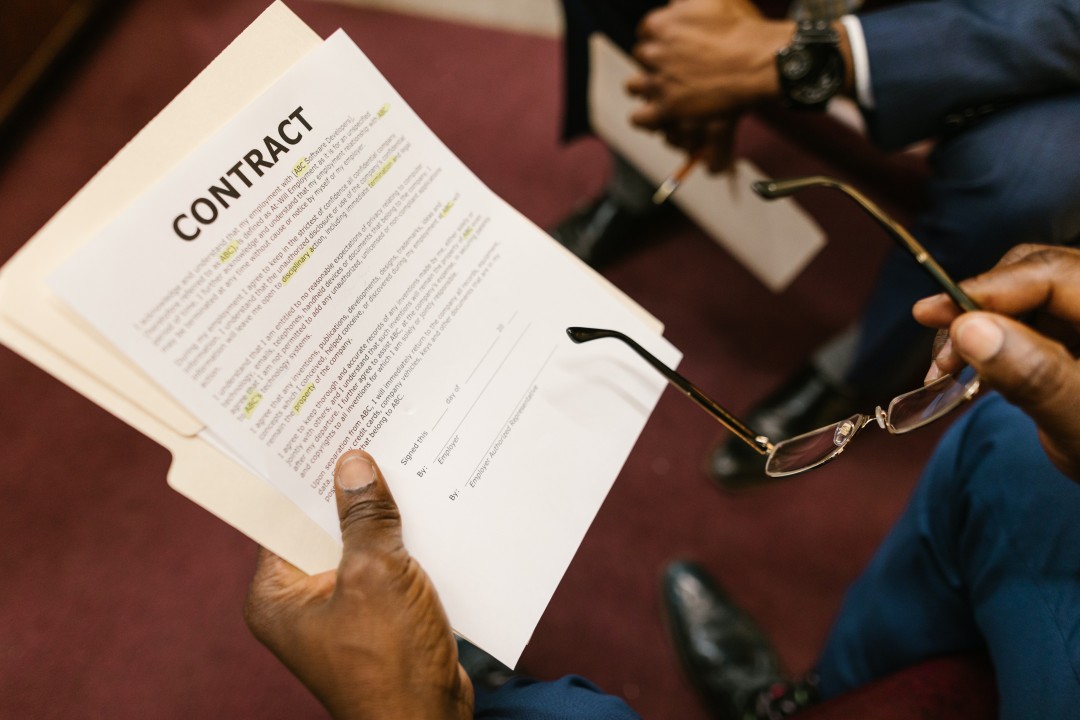March 12, 2010
PAM DEFIGLIO
The Chicago Tribune
In 1992, when Cook County changed the way voters elected judges — altering geographic boundaries and creating judicial subcircuits — the stage was set for more women to run. Many did and won, encouraging Jane Stuart, then a lawyer in the civil division at the Cook County state’s attorneys office, to run for Cook County Circuit Court judge four years later. She won and has been re-elected since.
Today, a judge in Probate Court, Stuart makes financial and other important decisions for disabled adults. She sees her role as a protector for those she calls “the innocents.” Susan Hutchinson, who was part of the first generation of women to go to law school in large numbers, said male lawyers frequently groused that women weren’t fit for the legal profession because they were bossy or irrational and crying all the time.
“I purposely decided not to go like a bull in a china shop because that’s what men expected, and I’ve heard male lawyers say to me, ‘You’re not the pushy broad we thought you’d be,’ ” said, Hutchinson, now an Appellate Court judge in Illinois’ 2nd Judicial District, based in Elgin.
For their endurance and accomplishments in the profession — women make up 31 percent of the nations’ lawyers, according to the American Bar Association — the Illinois State Bar Association this week bestowed on Stuart and Hutchinson Presidential Commendation Awards during a luncheon celebrating women in law. But keynote speaker Barbara Howard, president of the Ohio State Bar Association, reminded the more than 270 attendees that while they’ve come a long way, discrimination persists in often more subtle forms.
Howard said she was encouraged by her association’s Gender Fairness survey that showed women make up 25 percent of judges in that state; they were 15 percent in 1993. But she noted that when lawyers were asked whether women have the same opportunity for promotion and advancement as men, 50 percent of the men and 11 percent of the women surveyed said they did. Chicago lawyer Laurel Bellows, a past president of the Chicago Bar Association and past chairwoman of the American Bar Association’s Commission on Women in the Profession, said the disparity at large law firms is apparent. She said few women have advanced to equity partners: top earners who share in the profits.
“Even today, significant barriers persist. The passage of time and increased numbers of women in the profession will not eradicate discrimination,”
said Bellows.
Women in legal professions often have had to find more creative ways to achieve success. For example, before deciding to go to law school, Stuart was an art teacher for nine years. After graduating in 1981, she took a job with Chicago Title Insurance Co. “I’d been trying to break through the glass ceiling since the time I became a teacher, and there were no women in the upper management of that company, so my perception was that there was a glass ceiling,” Stuart said. No women were in high-level positions at her next job, too, with the Cook County state’s attorney’s office in the late 1980s and early 1990s.
“I think litigants aren’t prepared for me being a woman or a minority,” she said, “but if you’re fair and reasonable, they’re OK with you.” Like Stuart, Hutchinson broke through barriers via the judiciary, winning a 1992 election for Circuit Court judge in the then-19th District, which consisted of Lake and McHenry counties (McHenry County split off in 2006 to become its own judicial circuit). She was elected to the Appellate Court in 1994.
She ran for appellate judge partly because the job would give her more control of her schedule to deal with the special needs of her son, then 4. Appellate judges mostly review trial court cases and rarely require litigants to appear in person. “If you’re a Circuit Court judge, it’s hard to tell a jury who’s taken time off work, ‘I have to leave now to take care of my son,’ ” said Hutchinson, who takes care of foster children. Her son is 19.
More women also find success owning firms. Bellows said that when she graduated from law school in 1974, no law firms would hire women to try cases, which is what she wanted to do. She finally got a job with a lawyer who became her husband. Joel Bellows told her at the time that women could have an advantage in court because they form relationships with juries and everyone else faster. As they worked together, and raised four children, Laurel Bellows built a practice in executive compensation and has formed a firm.
Source: The Chicago Tribune



